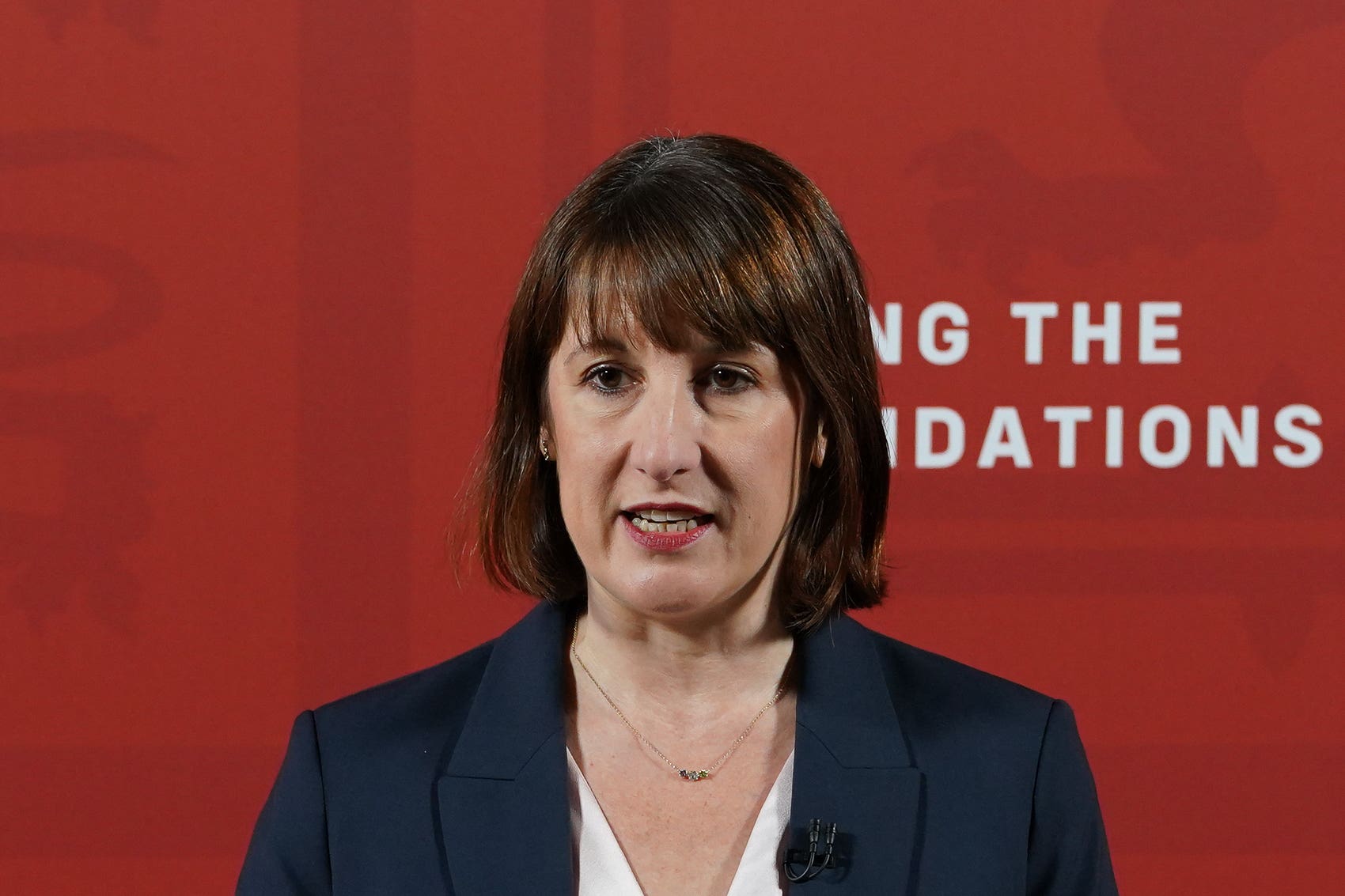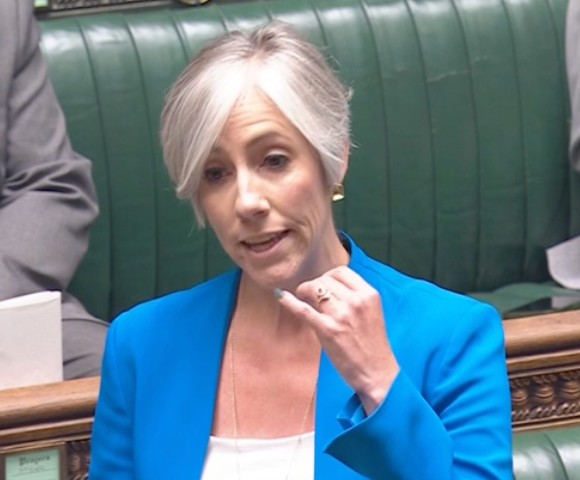Reeves warned she faces £8.6bn annual bill to save ‘broken’ social care sector
Campaign groups have demanded a multibillion-pound funding settlement to begin fixing social care
Your support helps us to tell the story
From reproductive rights to climate change to Big Tech, The Independent is on the ground when the story is developing. Whether it's investigating the financials of Elon Musk's pro-Trump PAC or producing our latest documentary, 'The A Word', which shines a light on the American women fighting for reproductive rights, we know how important it is to parse out the facts from the messaging.
At such a critical moment in US history, we need reporters on the ground. Your donation allows us to keep sending journalists to speak to both sides of the story.
The Independent is trusted by Americans across the entire political spectrum. And unlike many other quality news outlets, we choose not to lock Americans out of our reporting and analysis with paywalls. We believe quality journalism should be available to everyone, paid for by those who can afford it.
Your support makes all the difference.Labour has been warned £1.1bn savings from the cancellation of a planned cap on social care costs is “small change” compared to an estimated £8.6bn needed to fix the crumbling sector.
Chancellor Rachel Reeves announced in July she was ditching the cap, which would have resulted in local authorities paying for individuals’ care needs above £86,000, to help plug a £22bn black hole in the country’s finances. Eight times the amount the controversial move saved would be needed to address years of problems in the struggling sector, buckling under the ever-growing demands of an ageing population.
Age UK, Carers Trust and Sense have now said that a £7bn figure presented to the government by the Health and Social Care Select Committee in 2020 is needed each year to fix the sector, now amounting to £8.6 billion when adjusted for inflation.
The huge sum would cover improvements in pay for existing social care workers, the recruitment of extra workers, as well as the introduction of a lifetime cap on care costs – the very proposal recently scrapped by Ms Reeves.

Mike Padgham, chair of the Independent Care Group (ICG), told The Independent that social care needs this level of extra funding “just to stand still”.
“We need at least £7bn, but it has actually got to be more – the £1bn received through scrapping the social care cap was small change compared to that,” he added.
While Mr Padgham acknowledged the multibillion-pound funding recommendation is a huge sum, he called for funding to be diverted from the NHS – warning Labour will be unable to remedy the problems with the health service without “plugging gaps in the care sector first”.
More money being spent on social care would translate to fewer people ending up in the NHS, as well as allowing people who would need to go into care to be discharged earlier, he argued.
“If social care is weak, it pulls the health service down,” Mr Padgham added.
Dominic Carter, policy director at the Carers Trust, also backed the funding estimate, arguing the Treasury would get the money back through the boost it would bring to the economy.
“The impact on people’s wellbeing, their health, [and] the opportunity for unpaid carers to return to the workforce would pay the government back,” he told The Independent. Mr Carter agreed there is “no way” the NHS can achieve its aims without more funding for social care.
He said the health service’s key challenges, including waiting lists and hospital discharges, are “reliant on the network of support social care provides”, pointing out many waiting for treatment are supported by unpaid carers.
With nearly six million unpaid carers across the country, campaigners agreed the government must follow through on its plan to introduce a centrally funded “national care service”. Social care is funded by local authorities, while the NHS is funded on a national basis.

But questions remain over what this national care service would actually involve.
Dr Clarissa Giebel, a senior research fellow at the Institute of Population Health, warned that the lack of detail in Labour’s plan suggests the proposal is a “wishful idea that hasn’t been fully worked through”.
In an article for The Conversation, published just before the election, she said: “Placing social care on par with the NHS by ensuring a better overview of funding into the sector may be beneficial to those most in need of services, and raise awareness of their entitlement to care.
“However, without details as to how this would be set up, run, funded, and governed, Labour’s proposals seem to be a wishful idea that hasn’t been fully worked through.”
Mr Padgham added: “I fully agree with the national care service – pulling care and health into one body is the way forward. But we definitely need more detail.”
“All I would say to the new government is, ‘Get a move on.’ Don’t spend months or years debating it.”
While Labour committed to setting up the service in its manifesto, the Liberal Democrats urged the government to engage in cross-party talks to fix the struggling sector.
Daisy Cooper, the party’s health spokesperson, told The Independent “too many families, pensioners and vulnerable people have suffered because the issue of social care has fallen by the wayside and not been addressed head-on”.
Heaping the blame on the previous Tory government, she said they “failed to protect people facing crippling care costs and failed to allocate the money needed to fund a cap on care costs”.
A Department of Health and Social Care spokesperson said: “This government is being honest about the appalling economic circumstances we inherited and is being realistic about what is affordable. It is clear the adult social care system is broken and we are determined to tackle this head-on.
“We will work with the sector and build consensus to undertake a deep programme of reform, building a National Care Service to deliver high-quality care across the country.”
The Conservative Party has been contacted for comment.

Join our commenting forum
Join thought-provoking conversations, follow other Independent readers and see their replies
Comments